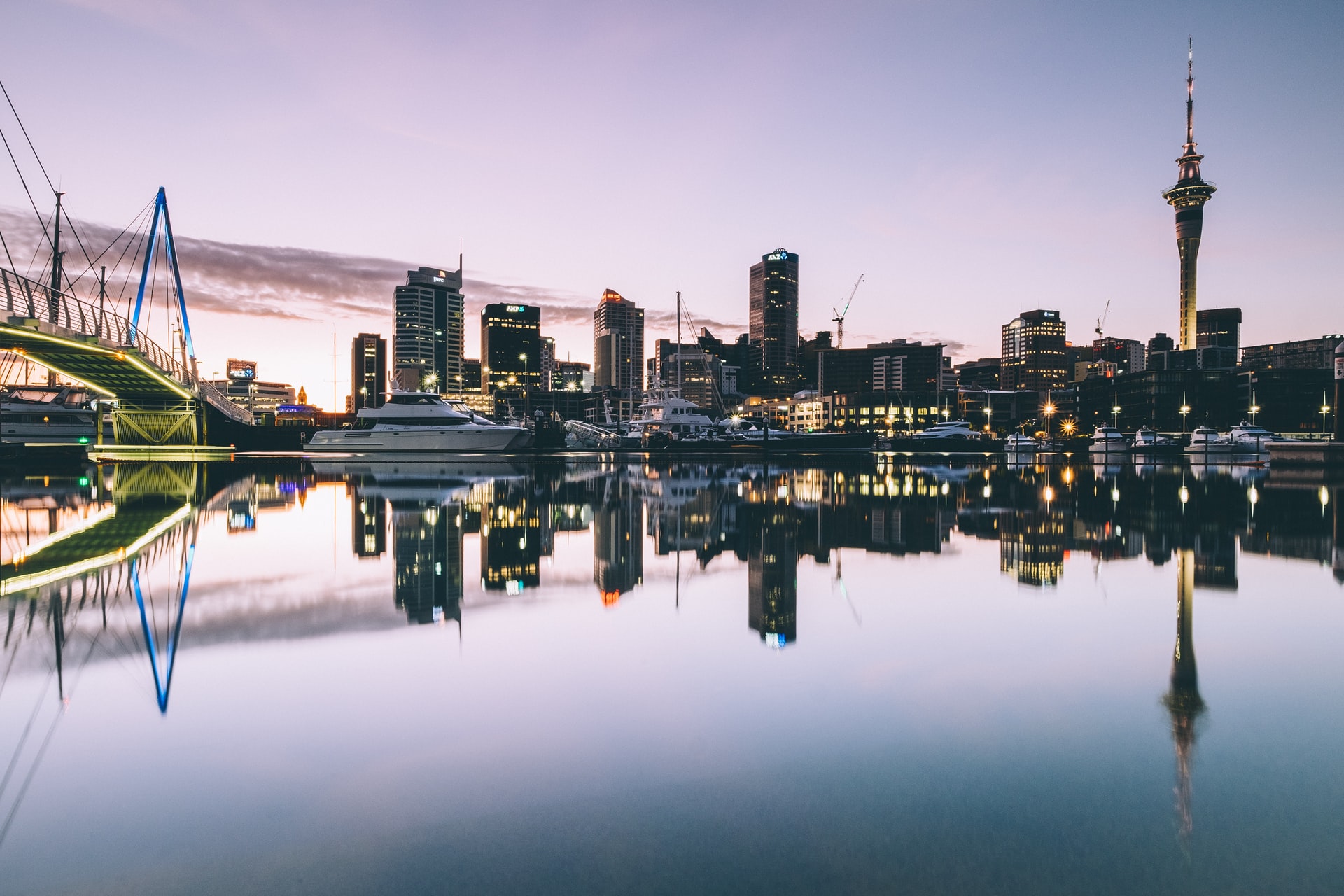Prime Minister Jacinda Ardern has today announced that the current Alert Level settings will remain in place until Monday.
Auckland will remain at Alert Level 3 with the rest of the country at Alert Level 2 until Cabinet meets to review this decision on Monday.
The SMC asked experts to comment on this decision.
Professor Michael Baker, Professor of Public Health, University of Otago, Wellington, comments:
“It would be premature to lower the Alert Level in the Auckland region before next week at the earliest. The Auckland COVID-19 cluster is continuing to generate a steady number of cases each day, including nine new cases announced today. By now we will be starting to see the impact of the Alert Level 3 measures, which should have dampening down transmission of cases over the past week.
“The Alert Level system itself needs to be reviewed after nearly six months use. It has served us well as a means for conveying physical distancing requirements and travel restrictions in a cohesive and understandable way. However, it needs to be fine-tuned for a number of reasons. It is now being used in a regional way, which is a useful advance. It also needs to have mask using rules integrated into it in a logical and consistent manner.”
No conflict of interest.
Professor Michael Plank, Te Pūnaha Matatini and University of Canterbury, comments:
“With new cases still being found each day, it makes sense to wait until Monday to make a decision about any change in Alert Levels. Because of the incubation period of this virus, anyone who was infected after the move to Alert Level 3 may only be developing symptoms around now. So it will be a few more days before we can be confident we won’t see an increase in cases. We also need to the rest of the country to remain at Alert Level 2 during this period, because there is still a risk that the virus could spread outside the Auckland region.”
Conflict of interest statement: I am partly funded by MBIE for research on mathematical modelling of COVID-19.
Emeritus Professor Elaine Rush, Professor of Nutrition, Auckland University of Technology, comments:
“Covid has brought the wicked problem of food insecurity to the fore, as both food insecurity and the pandemic are complex, unpredictable, open ended and hard to deal with. Before Covid, 40 per cent of adults and 20 per cent of children lived in severe to moderate food insecurity. Since Covid, food insecurity is increasing. The Auckland City Mission has almost tripled its distribution of food parcels at 29 foodbanks in Auckland – this is only the tip of the iceberg of need.
“Jobs and income are falling – and this is happening inequitably, with children, Māori, Pacific and women affected most. Children in Auckland are no longer accessing food in schools. After Covid, New Zealand can expect an increase in malnutrition and risk for non-communicable diseases such as obesity, diabetes, cardiovascular disease and some cancers.
“All food stores including vegetables and fruits should be allowed to stay open and operate safely.
New Zealand’s food system needs a make-over. The first step is to make sure that all New Zealanders have access (both financially and geographically) to a food supply that would meet sustainable food-based dietary guidelines.”
No conflict of interest.
